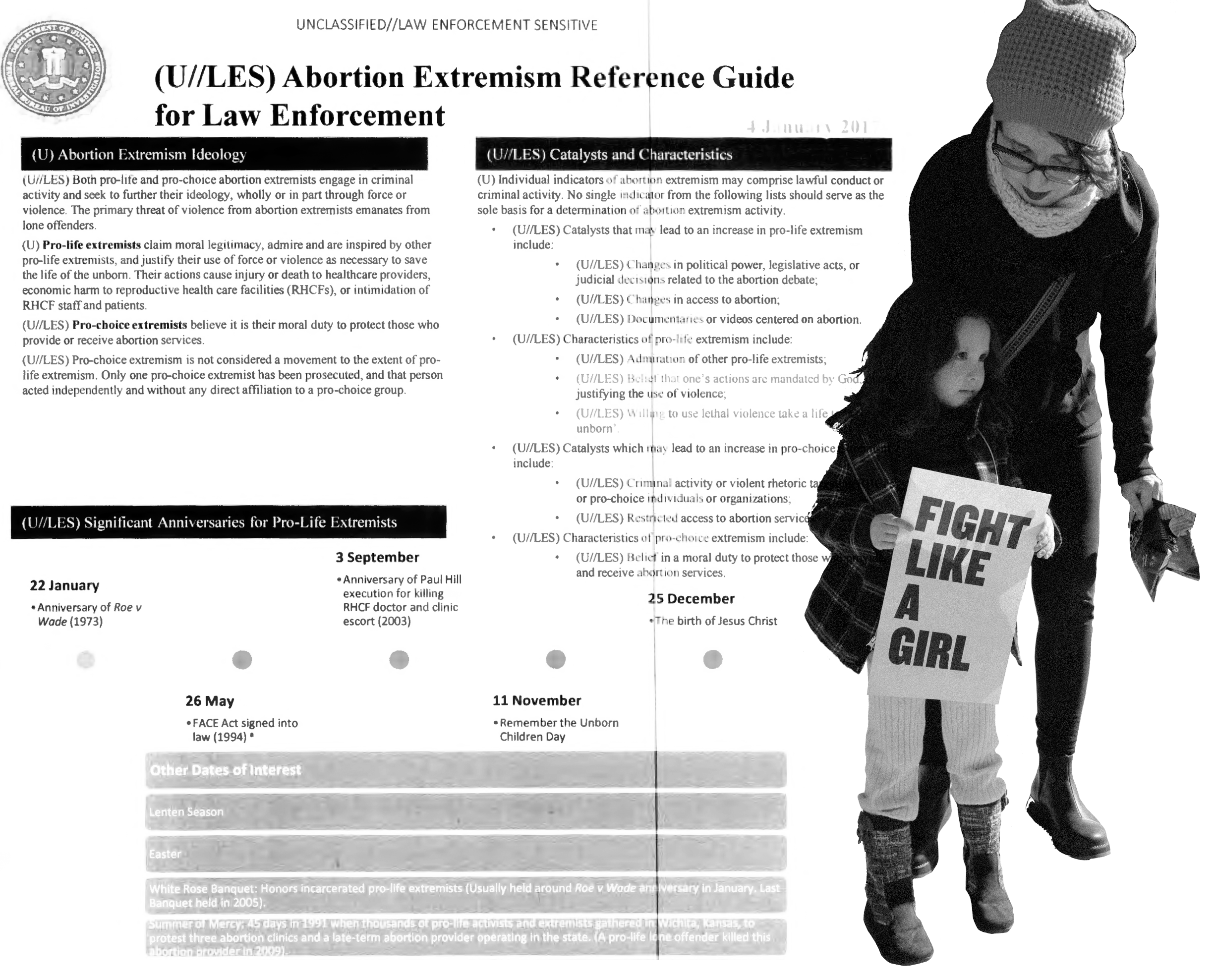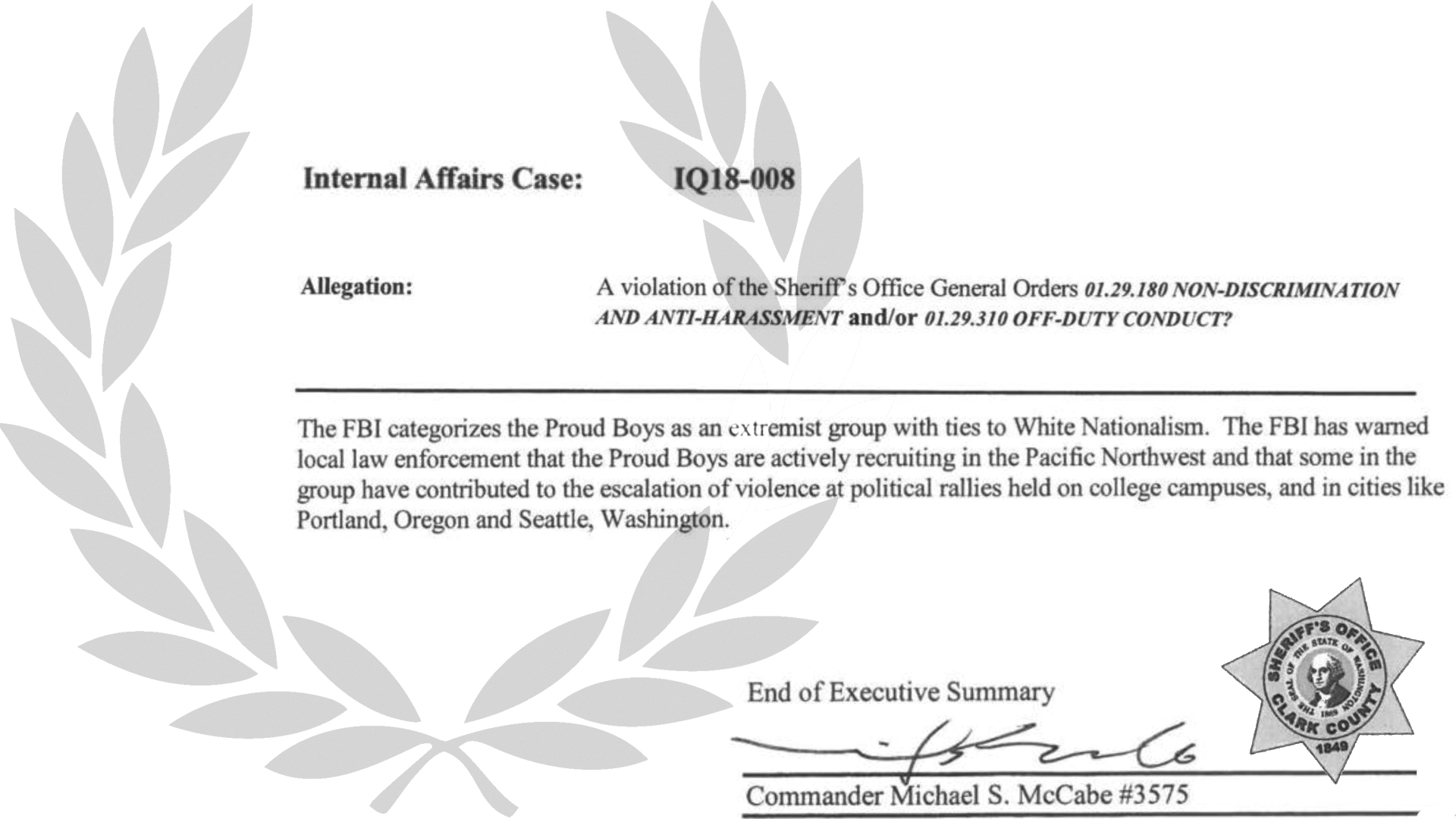Washington, DC — On Thursday, December 21, 2017, Property of the People filed a lawsuit against the Federal Bureau of Investigation over the Bureau’s failure to comply with the group’s Freedom of Information Act (FOIA) requests for records on the FBI’s cyber-enabled surveillance platform named “Gravestone”.
Very little is publicly known about Gravestone. In late 2016, Property of the People located information online identified by the Department of Justice (DOJ) as “metadata” about a previously unknown FBI surveillance platform named Gravestone. The metadata was posted on the DOJ’s website data.gov [screencaptures 1, 2].
The metadata and associated information on the DOJ site revealed, “Gravestone is a system consisting of an IP based camera, routers, firewalls, and a workstation to review surveillance video. The system provides Video Surveillance data to FBI field offices and is used by case agents.”
The DOJ shortly thereafter deleted the Gravestone entry from data.gov. This deletion appears to have part of a broader DOJ data.gov purge of publicly available information about FBI systems. While it is unclear precisely when the DOJ deleted the Gravestone information, the deletion appears to have occurred sometime between December 9, 2016 and January 24, 2017.
In March 2017, Property of the People submitted five Freedom of Information Act requests to the FBI for records on Gravestone. The FBI failed to comply with the organization’s requests within the statutorily-permitted 20-working day deadline, and therefore the FBI is in violation of the Freedom of Information Act. Consequently, earlier today, the group filed a federal lawsuit against the FBI to compel compliance with its FOIA requests.
Among other things, the transparency organization’s five FOIA requests seek FBI documents on Gravestone-related Privacy Impact Assessments (PIA), instructional and training materials, acquisition and maintenance records, and security incidents and misuse.
Under the E-Government Act of 2002, federal agencies are generally required to conduct Privacy Impact Assessments for all systems that collect personally identifiable information, and make these publicly available online. While it is unknown whether the DOJ and FBI consider Gravestone to be a National Security System, the DOJ’s own guidelines mandate that Privacy Impact Assessments be completed for all systems, including National Security Systems. Not only has the DOJ now purged all information about Gravestone from its website, but the FBI and DOJ have failed to make public any Privacy Impact Assessment for the FBI’s Gravestone system.
According to Property of the People Co-Founder, Ryan Shapiro:
“The FBI has a long, dark history of utilizing new surveillance technologies to facilitate violations of Americans’ civil liberties and privacy. In the interest of democracy and transparency, the public requires access to documents about this cyber-enabled FBI surveillance platform.”
Shapiro continues:
“The FBI has failed to make public, and possibly even to conduct, the legally mandated Privacy Impact Assessment for its Gravestone surveillance system, and also failed to comply with our Freedom of Information Act requests for documents about Gravestone. True to form, the FBI appears intent on conducting surveillance with abandon on Americans while simultaneously refusing to comply with even the most basic requirements of transparency about this surveillance.”
About Property of the People
Property of the People is a Washington, D.C.-based nonprofit transparency organization dedicated to governmental transparency in the service of democracy. The organization was co-founded by Ryan Shapiro, Jeffrey Light, and Sarahjane Blum. The organization’s motto is, “The records of government are the property of the people. It’s time we reclaim them.” Property of the People is on twitter @propOTP
Ryan Shapiro is a PhD candidate at MIT, a former research affiliate at the Berkman Klein Center for Internet & Society at Harvard, and co-founder of Property of the People. Politico has called Shapiro “a FOIA guru at the Massachusetts Institute of Technology.” Shapiro is an historian of national security, the policing of dissent, and governmental transparency. Shapiro’s pathbreaking FOIA work has already led the FBI to declare his MIT dissertation research a threat to national security. Shapiro is on twitter @_rshapiro.
Property of the People and Shapiro are represented by Washington, DC-based FOIA specialist attorney Jeffrey Light assisted by Property of the People legal strategist, Gunita Singh.





